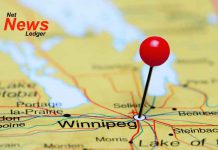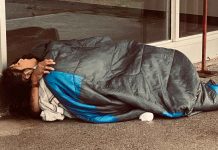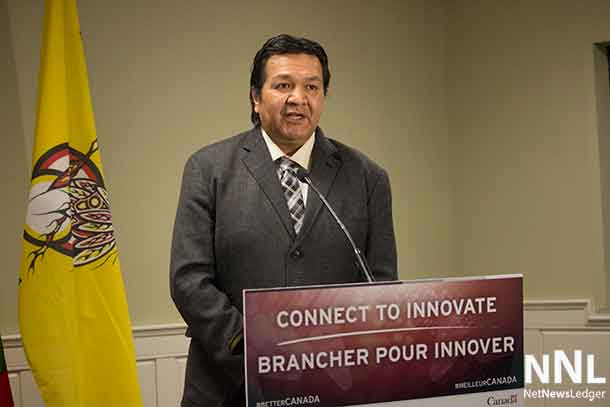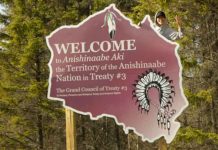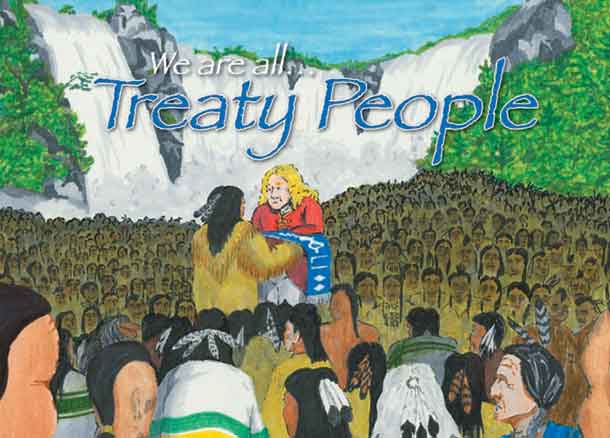

When we are truly honest with ourselves, we can find ways to heal society. This is the lesson we must live and share on a global level
By Gerry Chidiac
Columnist
PRINCE GEORGE, B.C. – OPINION – Genocide and colonialism are related and they are global issues. The world is still hurting from their wounds, and they’re hindering the growth and advancement of humanity.
But if we can demonstrate that healing is possible, we establish a powerful precedent for the world. We establish a protocol that can be adapted to any cultural context, and so promote the healing and growth of humanity.
My work experience has been primarily in two places: northern British Columbia and, to a lesser extent, the Democratic Republic of the Congo. Both places experienced the devastation of colonialism, although in different ways. The negative impacts, however, have been similar.
The healing process can be similar as well. This is where Canada has a great responsibility to the Congo and the rest of the world.
Colonialism devastated Canada and the DRC, and the wounds of these crimes continue to fester.
The primary difference is that in Canada, the truth has been spoken and the healing process has begun. In the DRC and in their colonizing country of Belgium, the issue remains far from the social conscience. The deaths of millions under the tyranny of Belgian King Leopold II in the Congo Free State was whitewashed by colonizers when they took over the country in 1908. As a result, tyranny continues to reign in a country torn apart by civil war and corruption, despite nearly 60 years of independence.
In 2008, Prime Minister Stephen Harper apologized to the aboriginal peoples of Canada for the crimes committed. In 2015, the government-appointed Truth and Reconciliation Commission declared that what happened here was indeed cultural genocide. There is no more denial. There is no more whitewashing of history.
Since 2008, we have established educational programs that teach our children the truth, and we have begun to celebrate aboriginal culture in our schools. We are now seeing these efforts bear fruit. Children are showing real pride in who they are and aboriginal graduation rates are on the rise in school districts like Prince George’s.
We still have a long way to go, however. There’s still tremendous disparity in Canada and this becomes obvious when we look at statistics comparing our aboriginal populations with those of other regions. Incarceration rates are higher, income levels are lower, risks of violence to women are much higher, as are infant mortality rates and numerous other health indicators.
We can be confident that through continued effort, these social indicators will begin to improve for our First Nations people. Much excellent research is being done. Many programs are in place that produce promising results. The key is for problem areas to be addressed.
When we are truly honest with ourselves, we can find ways to heal our society. This is the lesson we must live and this is the lesson we must share on a global level.
If we want to also see world peace, if we want to see the end of conflict and the beginning of prosperity for the people in the DRC and many other countries, we need to come clean about the crimes of colonialism. We need to teach our people the truth and we need to make reparations.
Canada has a responsibility to itself and the world. We need to continue to heal our wounds.
If we were to impose what we’re doing on other countries, that would simply be another form of cultural imperialism. We can, however, establish a global precedent that others can look to, yet adapt and improve to fit their cultural context.
In doing so, we not only make our country better, we bring lasting peace to the world.
Gerry Chidiac is a champion for social enlightenment, inspiring others to find their personal greatness in making the world a better place.
© 2017 Distributed by Troy Media
The views, opinions and positions expressed by all columnists and contributors are the author’s alone. They do not inherently or expressly reflect the views, opinions and/or positions of NetNewsLedger.

